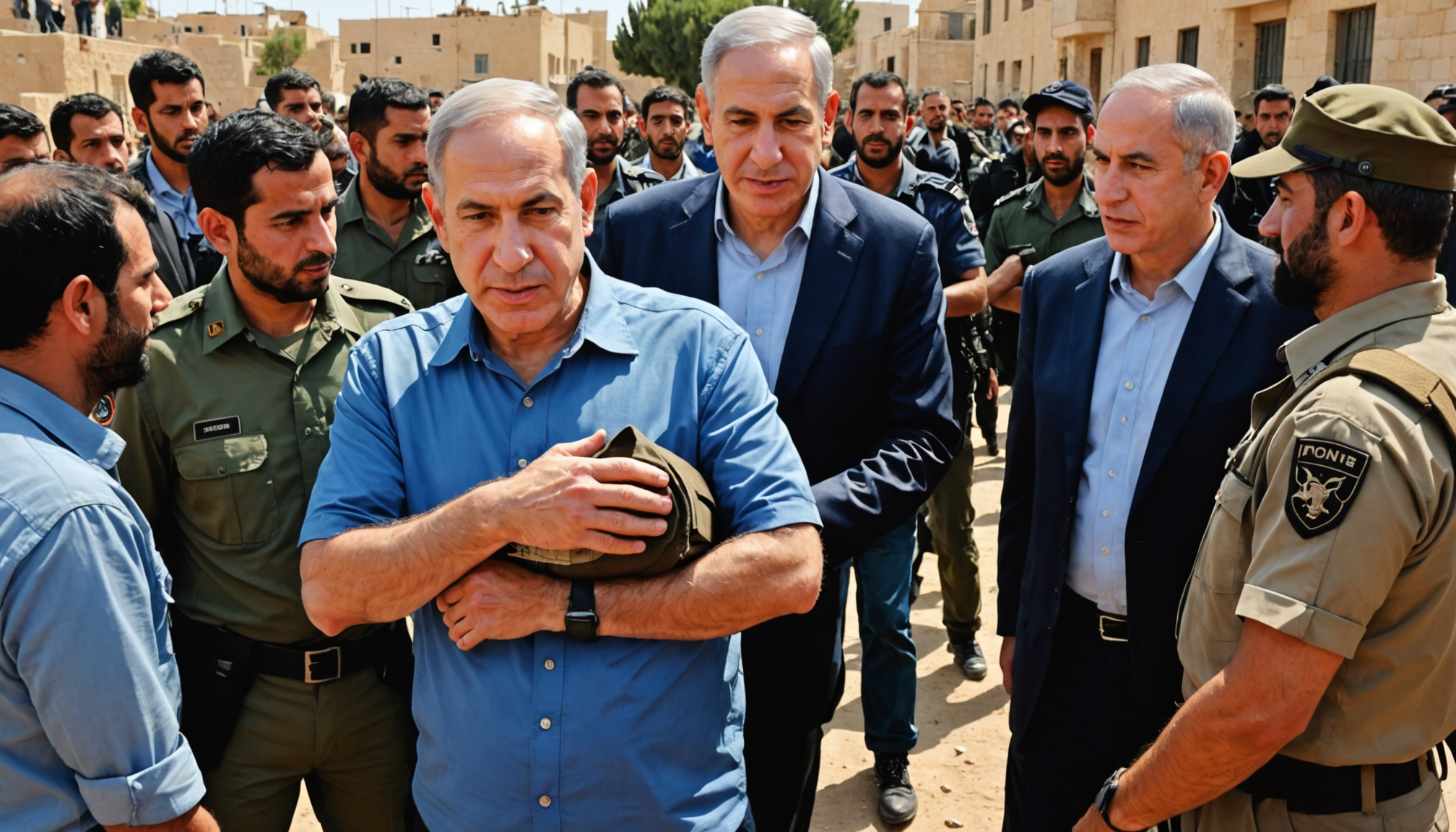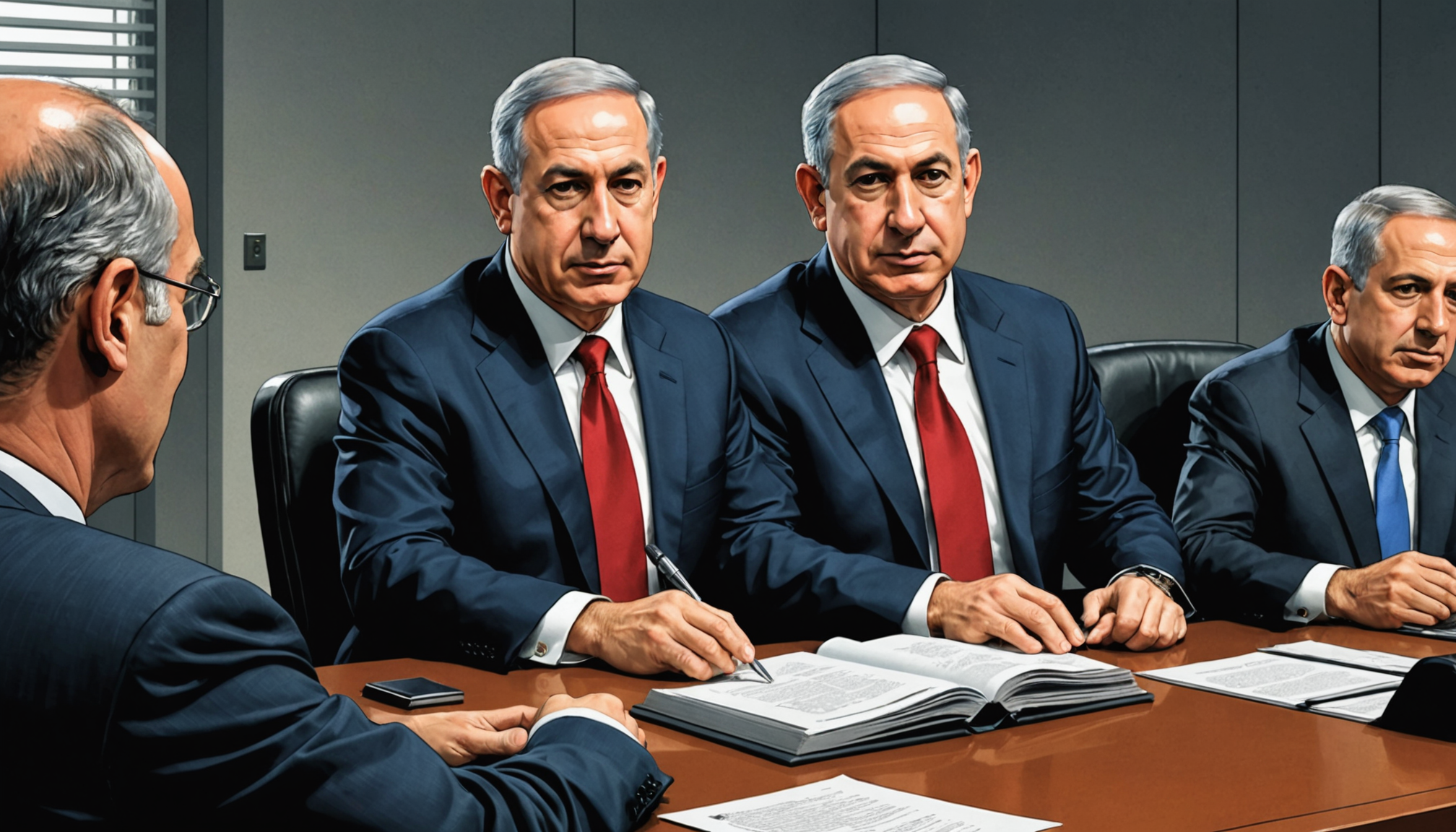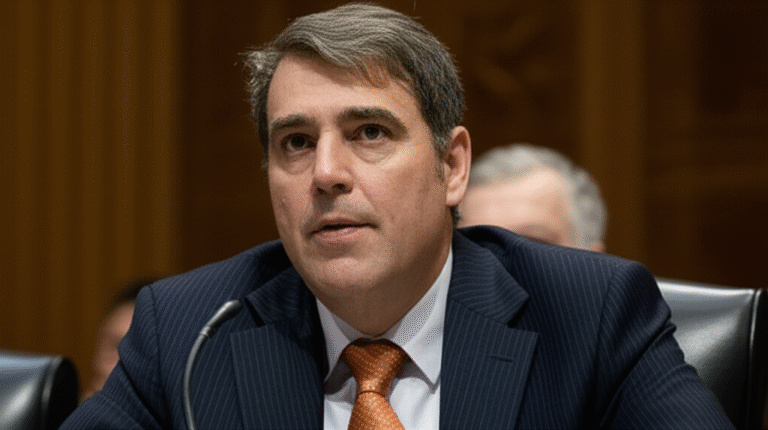
Israeli Prime Minister Benjamin Netanyahu is the sole obstacle preventing the release of hostages held in Gaza, according to desperate families of those still in captivity. The accusation comes as efforts to secure a ceasefire and hostage release deal have repeatedly stalled, with relatives increasingly directing their frustration at Netanyahu’s government over what they view as prioritizing military objectives over the safe return of their loved ones.

Family members have intensified their public criticism in recent weeks, organizing protests and pleading directly with international mediators to help break the deadlock in negotiations that have dragged on for months since the October 7 Hamas attack.
Growing Frustration Among Hostage Families
As the conflict approaches its ninth month, the families of the estimated 120 hostages still held in Gaza have become increasingly vocal in their criticism of Netanyahu’s approach to securing their release. Many accuse the prime minister of deliberately avoiding a deal that would require significant concessions to Hamas.
“Our prime minister is sacrificing our children, our spouses, our parents for his own political survival,” said one family member at a recent demonstration in Tel Aviv that drew thousands of supporters. “Every day that passes without a deal is another day our loved ones suffer in tunnels beneath Gaza.”
The Hostages and Missing Families Forum, which represents many of the captives’ relatives, has shifted its messaging in recent weeks to directly implicate Netanyahu in the failed negotiations.
- An estimated 120 hostages remain in Gaza after more than 100 were released during a brief November ceasefire
- Military officials have confirmed at least 35 hostages are believed to be deceased
- Family representatives have met with mediators from Qatar, Egypt, and the United States
- Public support for prioritizing a hostage deal over military objectives has grown in Israel
- Several rounds of negotiations have collapsed despite reported progress
Negotiation Stalemates
International mediators including the United States, Qatar, and Egypt have worked for months to broker a deal between Israel and Hamas. These efforts have produced multiple frameworks that would include phased hostage releases in exchange for Palestinian prisoners, humanitarian aid increases, and temporary ceasefires.
While both sides have signaled acceptance of certain aspects of these proposals, final agreements have repeatedly fallen apart. Hamas has insisted on guarantees for a permanent ceasefire and full Israeli withdrawal from Gaza, while Netanyahu has maintained that military pressure is necessary to secure the hostages’ release and that operations will continue until Hamas is eliminated.
“Every proposal that reaches the negotiating table gets met with new conditions and obstacles from Netanyahu’s government. The families aren’t fooled anymore – this is deliberate delay,” said Yonatan Shamriz, whose brother remains in captivity. “When mediators tell us they’ve never seen this level of obstruction in peace negotiations, we know who’s preventing our family members from coming home.”
U.S. Secretary of State Antony Blinken, on his seventh trip to the region since the conflict began, has emphasized that a hostage deal remains possible if both sides demonstrate flexibility. However, sources close to the negotiations have indicated that Israeli demands have shifted multiple times, complicating efforts to finalize terms. [Source]
Political Calculations
Critics suggest Netanyahu’s approach to the hostage situation is influenced by political considerations, particularly the fragility of his governing coalition which includes far-right parties that have threatened to collapse the government if significant concessions are made to Hamas.
Defense Minister Yoav Gallant has reportedly expressed concerns within cabinet meetings about the military’s ability to eliminate Hamas entirely while rescuing hostages simultaneously. This internal disagreement has spilled into public view several times, with Netanyahu reasserting his authority over strategic decisions.
Political analysts note that Netanyahu’s approval ratings, which surged immediately after October 7, have steadily declined as the war continues without achieving either the elimination of Hamas or the return of the hostages.
Psychological Toll on Families
The prolonged captivity has taken an enormous psychological toll on the families of hostages, many of whom have abandoned their normal lives to advocate full-time for their loved ones’ release.
Mental health professionals working with the families report increasing cases of depression, anxiety, and post-traumatic stress disorder among relatives who face daily uncertainty about whether their family members are alive or receiving necessary medical care.
“The psychological torture is deliberate on both sides,” explained Dr. Eliana Berg, a trauma specialist working with hostage families. “Hamas uses the hostages as leverage, while the government allows this suffering to continue by avoiding difficult compromises that could bring them home.”

Many families have begun sharing what little information they have about their loved ones’ conditions based on testimonies from released hostages, painting a disturbing picture of deteriorating health conditions and inadequate food and medical care.
Background
The hostage crisis began on October 7, 2023, when Hamas-led militants attacked southern Israel, killing approximately 1,200 people and taking around 250 hostages into Gaza. In late November, a temporary one-week ceasefire allowed for the release of 105 hostages, primarily women, children, and foreign nationals, in exchange for Palestinian prisoners held in Israeli jails.
Since that exchange, no comprehensive deal has materialized despite multiple rounds of negotiations. Israeli military operations in Gaza have continued, with the Palestinian death toll exceeding 35,000 according to Gaza health authorities, while international pressure for a ceasefire has mounted.
Several hostages have been rescued in military operations, while others have been found deceased during Israeli advances into Gaza. The IDF has confirmed that some hostages died during the initial attack, while others have died in captivity.
International Response
The United States has increasingly applied pressure on both sides to reach an agreement, with President Biden publicly calling for a deal that would secure the hostages’ release while establishing a pathway to end the conflict.
European leaders have echoed these calls, emphasizing humanitarian concerns in Gaza alongside the urgency of securing the hostages’ freedom. The United Nations has warned that without a resolution, the humanitarian crisis in Gaza will continue to deteriorate, complicating any eventual political settlement.
Qatar, which hosts political leadership of Hamas and has served as a key mediator, has expressed frustration over the repeated collapse of negotiations that appeared to be nearing completion. Egyptian officials have similarly voiced concerns about the sustainability of the current impasse.
What’s Next

Pressure on Netanyahu’s government is likely to intensify as more families join public protests and international mediators grow increasingly impatient with the stalled negotiations. Several scenarios could unfold in the coming weeks:
A breakthrough in negotiations remains possible, particularly if external pressure from the United States or internal pressure from within Israel’s security establishment convinces Netanyahu to accept terms he has previously rejected. Military options to rescue the remaining hostages appear increasingly limited, with Israeli defense officials acknowledging the high risk of casualties in any large-scale rescue attempt.
The hostage families have announced plans to escalate their protests, including potential hunger strikes and the establishment of permanent encampments outside government buildings. They have also appealed directly to the International Committee of the Red Cross to demand access to their family members.
As both the war and hostage crisis continue, the families’ central message has crystallized around a simple demand: prioritize the living hostages over military objectives that many believe have become unachievable without catastrophic humanitarian consequences.
“We don’t care about politics anymore,” said the mother of a 23-year-old hostage at a recent press conference. “We just want our children back. And the only person preventing that from happening is Benjamin Netanyahu.”






